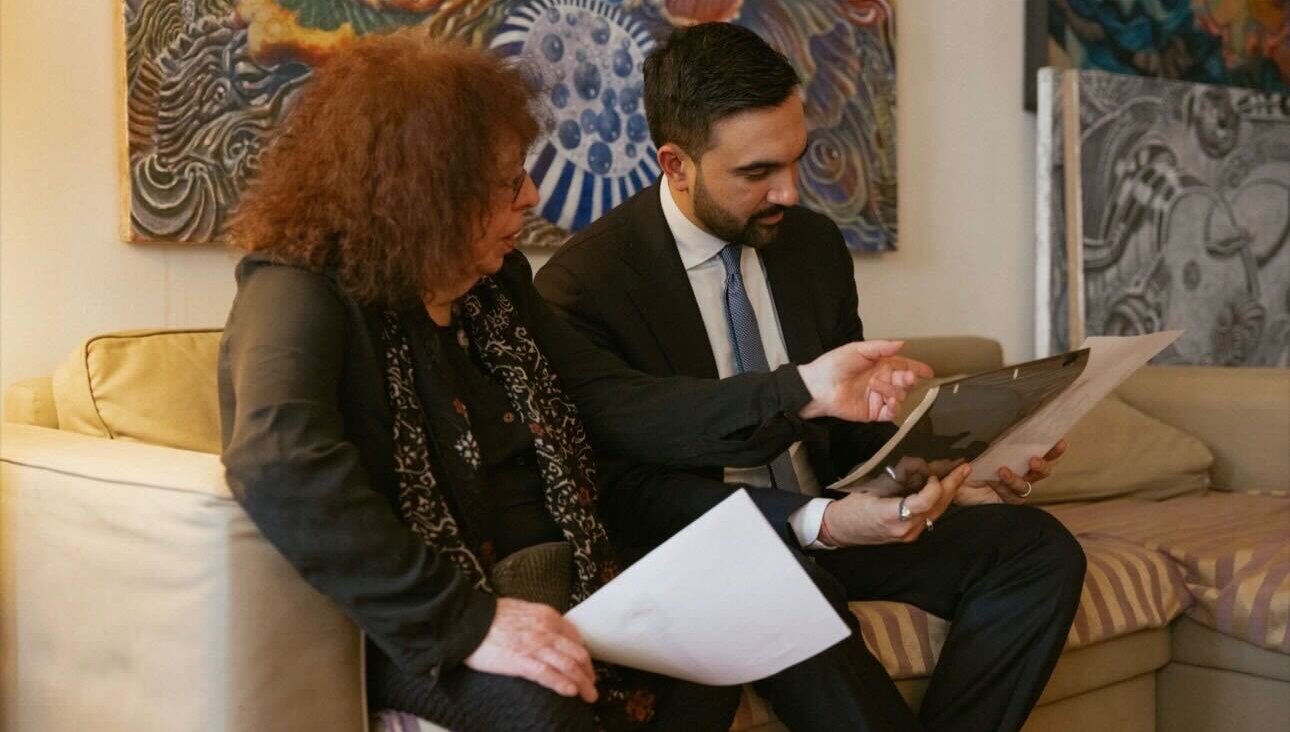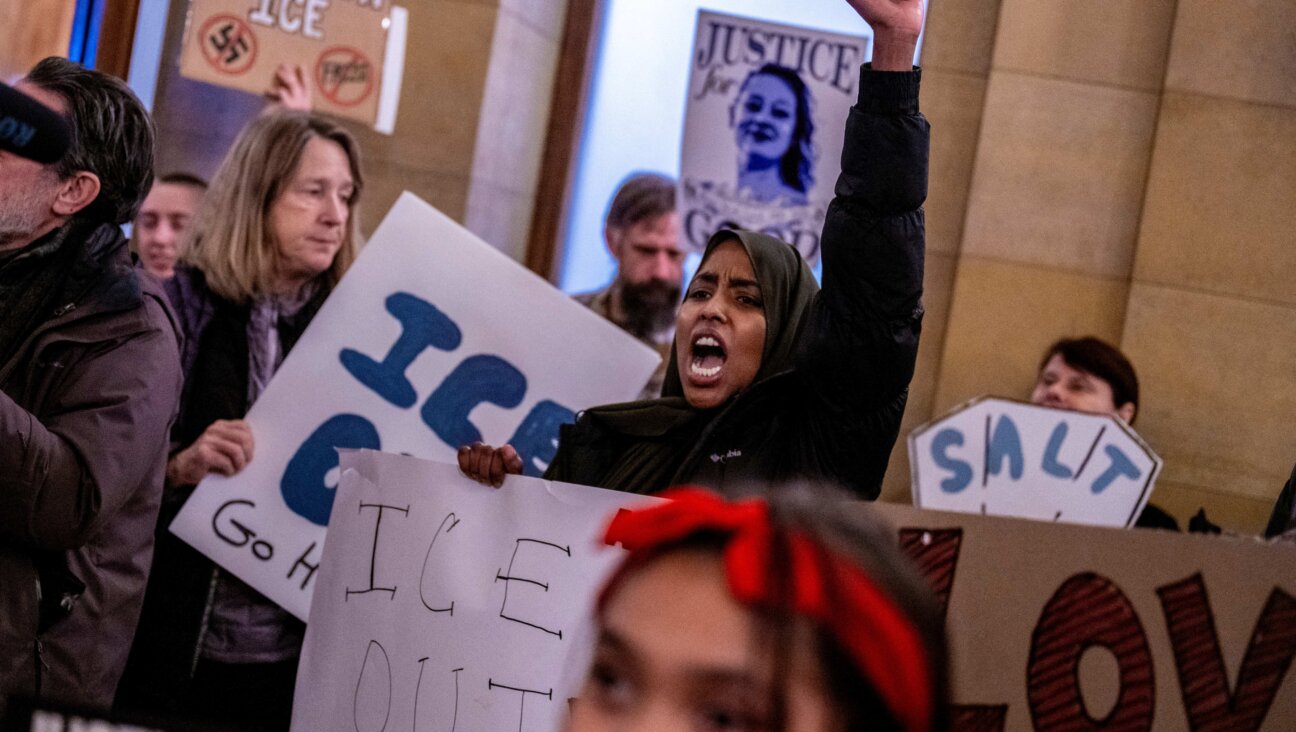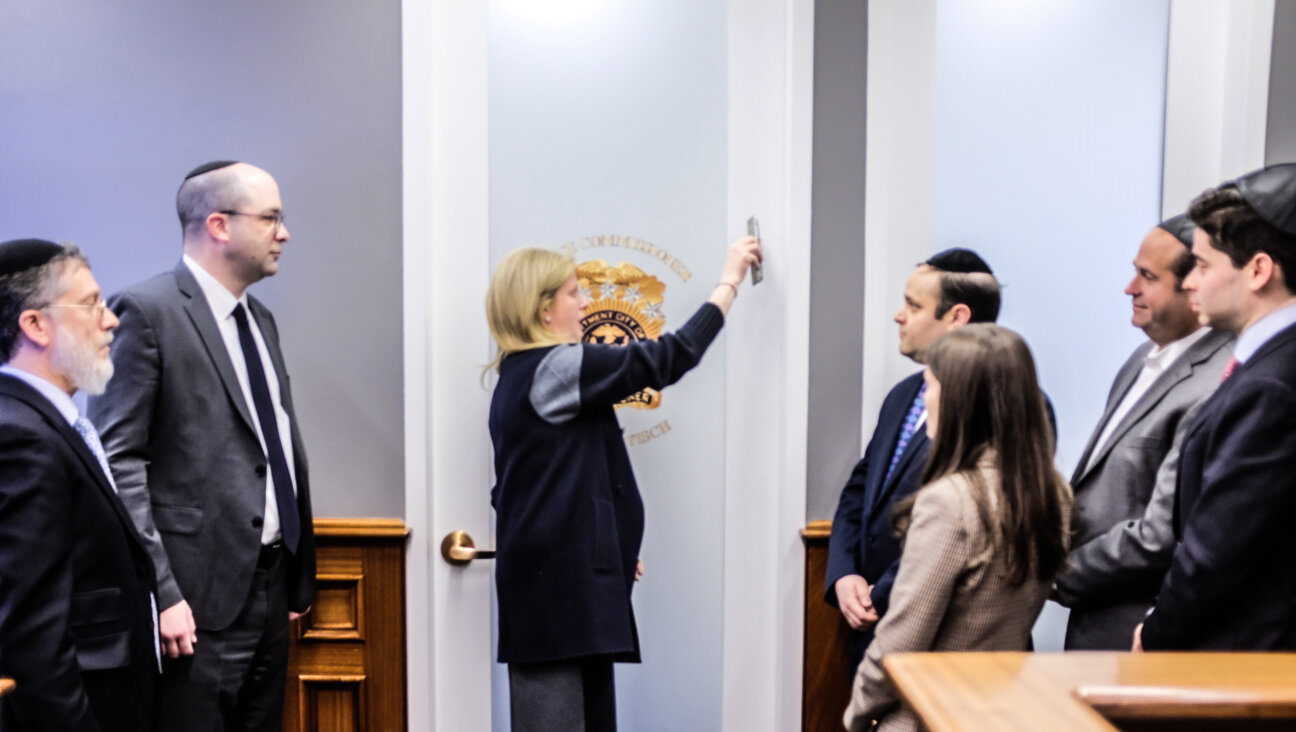The Moments That Still Live
When Joseph introduces Pharaoh to his father, Jacob, Pharaoh asks him, in the 1917 Jewish Publication Society translation of Genesis 47:8, which is here, as is often the case, much closer to the Hebrew than more recent translations:
How many are the days of the years of your life?
The more recent JPS translation reduces this to, “How many are the years of your life?” But for me the full text has a poetic resonance, and consequent overtones of meaning, that the reduced form lacks. Since this is Torah, we are invited by the rabbinic tradition to read as many meanings as we can into the text, and I choose to believe that Pharaoh was asking Jacob, in addition to his chronological age, a quite different question: How many, out of all the years of your life, are the days that remain vivid for you? Had Jacob chosen to answer this question, he could have listed the day he stole his brother’s birthright, the day he found Leah in his bed instead of Rachel and the day he wrestled with a divine being, and he could have added, if he wanted to be diplomatic, “and this moment of meeting Pharaoh, king of Egypt, too, your majesty.”
Wordsworth is the great theorist of moments of vividness and their importance in our subsequent life. In an often-cited passage in “The Prelude,” he tells us:
There are in our existence spots of time
Which with distinct preeminence retain
A fructifying virtue
For Wordsworth, these moments are mainly in childhood and this is surely true in general. In my own childhood I can remember
one or two early intimations:
turning back (at four, on a family picnic)
to examine a single pink wildflower,
and then running to catch up with the others;
stooping (at seven, a beach in Queensland)
to scrutinize an unusual shell and be
shocked when I noticed it was broken.
Anna Kamienska (1920-1986), a wonderful Polish poet whom I have been translating with Grazyna Drabik, gives such a childhood memory a late 20th-century formulation of Wordsworth’s point in one of her poems without punctuation:
… I still want to remain faithful
to my first astonishments
to recognize as wisdom the child’s wonder
and to carry until the end
a path in the woods
dappled with patches of sunlight
to search for it everywhere
in art galleries in the shade of churches
this path on which I ran unaware
a six-year-old
toward my primary mysterious aloneness
Of course, not all vivid moments in our lives occur in childhood. One of the first people in the canon of English poetry to tell us about a memorable moment in his adult life was Sir Thomas Wyatt (1503-1542):
… once in special,
In thin array after a pleasant guise
When her loose gown from her shoulders did fall
And she caught me in her arms long and small,
Therewithal sweetly did me kiss,
And softly said, ‘Dear heart, who like you this?’
It was no dream: I lay broad waking.
No doubt Wyatt had many encounters, but, like most of us, only a few stand out in memory decades later.
And for myself, looking back after separating from my wife, I found myself asking, in effect, “How many are the days of the years of my marriage?” I got this in response:
A Marriage
There must have been some moments. What remains?
The honeymoon: I woke in that huge room
while she was sleeping, crept out of the bed
and opened up one blind and in the dawn
I watched the rhythms of her breathing form.
Returning, I’d cleared customs: there she was
the only person in the crowd beyond
the barrier, and then she noticed me
and all her waiting body waved her wave.
The separation: we’d been out at night,
had come back home in silence, just go in,
when she, while taking off her coat, had turned
and told me simply, ‘I’ve decided.’ Yes,
that moment, too, is part of what remains.
There are many vivid moments in all the years of the epic narrative of Genesis. For me, one of the most dramatic occurs in this week’s portion, when Jacob’s sons are in audience with the Great Lord of Egypt and he tells all the Egyptians to leave the room and allows himself to burst into tears and then say to his astonished brothers:
I am Joseph; does my father still live?
David Curzon is a contributing editor at the Forward.














